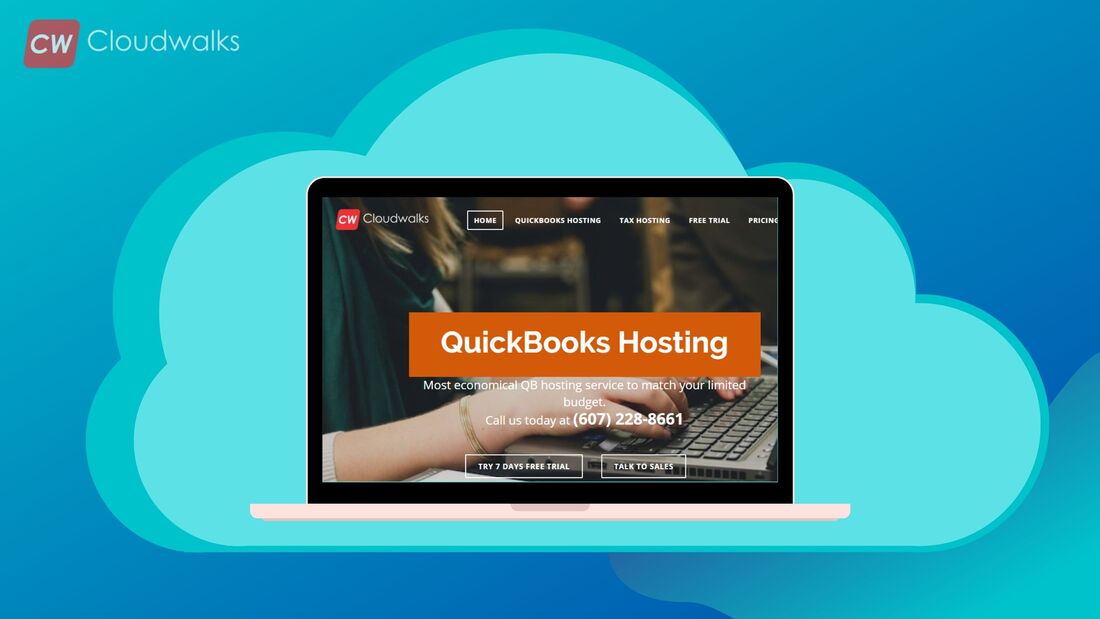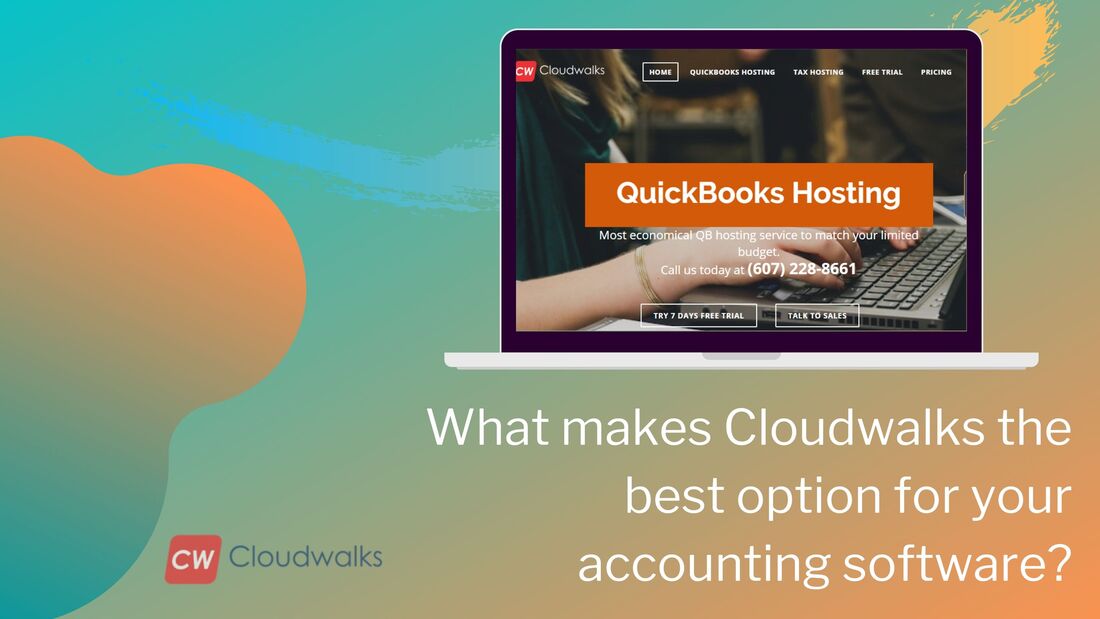A Comprehensive Guide to Writing an Accounting Report
Whether you work as a finance specialist in a certain company or as a solo accounting firm outsourcing your services, writing accounting reports is important.
These documents represent a combination of various financial info gathered from a certain business and are primarily intended for board members and shareholders.
Based on recent statistics, 60% of small business owners admit to knowing little about accounting, while 94% of accountants slowly shift toward cloud-based accounting software. Even though accounting standards are changing and specialized platforms exist to make accounting report writing easier, let’s discuss the process in greater detail. Compile your Business’ Financial Data
The first order of business regarding writing an accounting report for a certain business is to gather its financial data. Depending on the business’ industry and scale, financial data will vary in complexity and volume. For example, financial startups or marketing agencies will have different sets of data from Software development companies, with each requiring a different approach to writing. Some of the data points you should consider exploring to write a better accounting report include:
If you are the Chief Financial Officer in the company, the process of gathering said data will be much easier. Alternatively, get in touch with the CFO and request said data points to be able to write the accounting report. It’s important that any data you gather is legitimate and has a clear source for future reference. Double-check the validity of any financial data point you discover before considering it as viable for your writing. Draft an Executive Summary Based on your Stakeholders
An executive summary within your accounting report serves to check off all the technical requirements of writing such a document. The typical assortment of the publication date, company information, and file number should be included. Depending on whether you write the accounting report for in-house use or an outside client, you can also write about the company in short.
Address all the stakeholders for whom the accounting report is intended, including the CEO, board members, investors, shareholders, etc. While the executive summary shouldn’t be too long, it is still a necessary element to include in your report to show professionalism toward its readers. Write a Short Overview of your Findings
While the overview should be written after the report, its place is after the executive summary and before the report itself in the final document. The accounting report overview is meant to give readers a glance at your findings, conclusions, and areas of interest in this particular report.
Any niche terminology you use as an accountant should be addressed here to make it easier for non-professional readers to understand your findings. Again, keep the overview short and on point without delving too deep into the report itself. You can rely on EssayPro to edit out unnecessary writing points and format your writing to be as legible and professional as possible. Don’t write your overview in a vacuum and use the information from the report to draw points for your readers’ convenience. Write an In-Depth Financial Report Based on Findings
Writing the accounting report itself is an exercise in spotting small details, divergences, and financial oddities. With the data you’ve collected before, you should be able to compile a report with complementary visual data. Visualized data in the form of graphs, pie charts, tables, and other similar formats will allow readers to understand your findings throughout the report.
Understand that any claims or statements you make will be scrutinized by the stakeholders, who will have plenty of questions about your research methodology. Any statement you make should always be backed by a data point with an external resource indicating exactly how you came to that particular conclusion. If you are limited by space in any way, you can utilize an appendix section and add visual data materials at the end of the accounting report. This however depends on the company’s standards, so again, consult the CFO (in case you are not CFO) for information. Offer your Professional Recommendations in the Summary Section
The purpose of financial professionals writing the accounting report is to also offer advice and recommendations. Once you’ve outlined your findings in the report, take some time to analyze your findings from a personal perspective. Your accounting report’s conclusion should offer the readers a set of steps which they can follow to improve the business’ finances going forward.
Given your financial experience, what would you recommend the business do in the following year? Is additional financial research and planning necessary for sustained, organic growth without major losses? How is the tax situation, and what could be done to improve it? Don’t mince words and write exactly what you would do, allowed to steer the business’ books yourself. While your recommendations may not be seen as favorable by all stakeholders, your honesty will go a long way in establishing your professional reputation. You can also add additional references, reading materials, and ancillary findings for readers interested in finding out more about your work on the accounting report. Standardize your Accounting Report Format for Future Reference
For the sake of convenience and professionalism, you should set aside the time to standardize your accounting report format. Whether you outsource accounting services or work as a CFO in a business, standardizing your report writing will make your job more streamlined.
Go through your report’s sections and subheadings and draft a blank document which you will be able to refit into future reports. You can store the template on your business’ cloud storage for other financial specialists to use and thus standardize it within your company. This will make not only subsequent report writing faster, but also make indexing and document storage easier to manage. Wrapping Up
Accounting report writing is a necessary component of running any business as successfully as possible. It offers transparency, and a clear overview of financial performance to any stakeholder invested in the business's future.
Your work as a financial specialist is, to be honest, diligent, and to keep your eyes open for curiosities in your findings. Only then you will be able to write an accounting report which your readers will be able to put into practice. Author Bio
Jessica Fender is a professional content writer, editor at Writeload, and business development specialist with extensive experience in the digital publishing industry. Her MO is to provide readers with actionable, practical tips in a variety of digital niches through articles, case studies, and papers. Jessica keeps a close eye on trending news and changes in digital marketing, all while she spends her free time going through personal development literature.
0 Comments
Your comment will be posted after it is approved.
Leave a Reply. |
Most useful blogs |
Hosted Applications |
Tax Hosting Services |
Accounting Applications |
ContactAddress
Cloudwalks Hosting, Inc. 40 Exchange Place, Suite 1602 New York, NY 10005 |


 RSS Feed
RSS Feed




